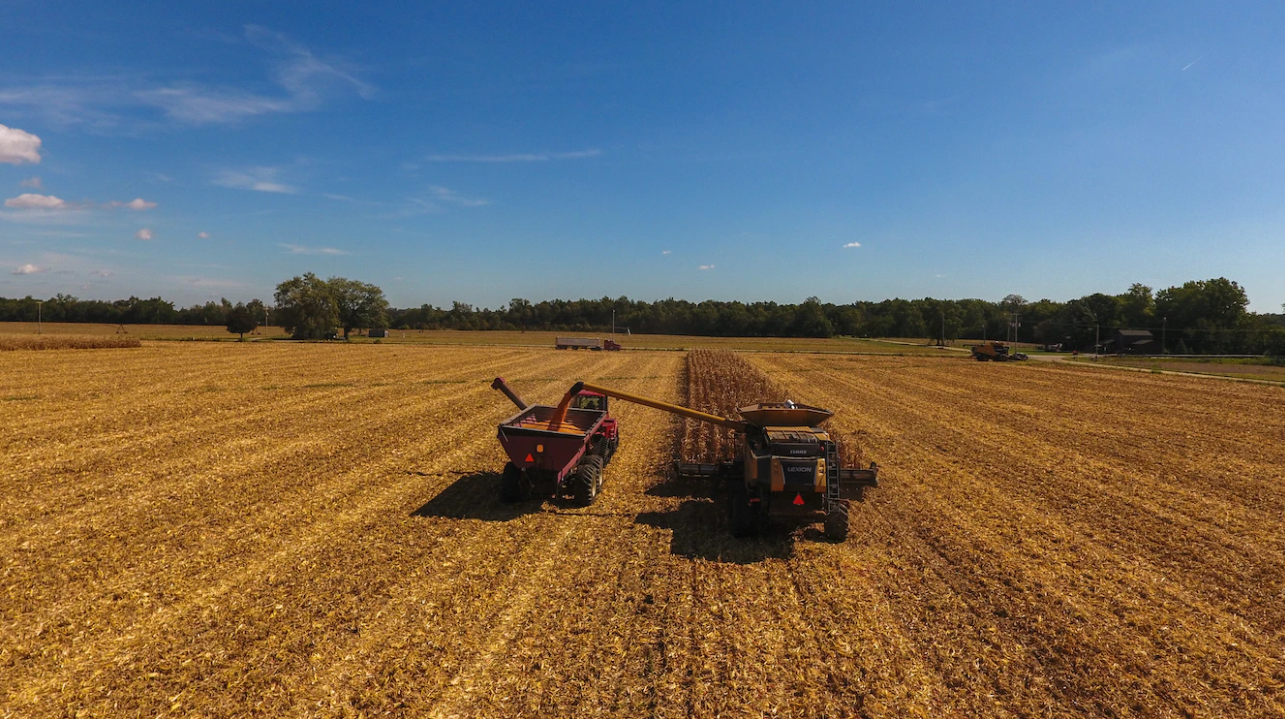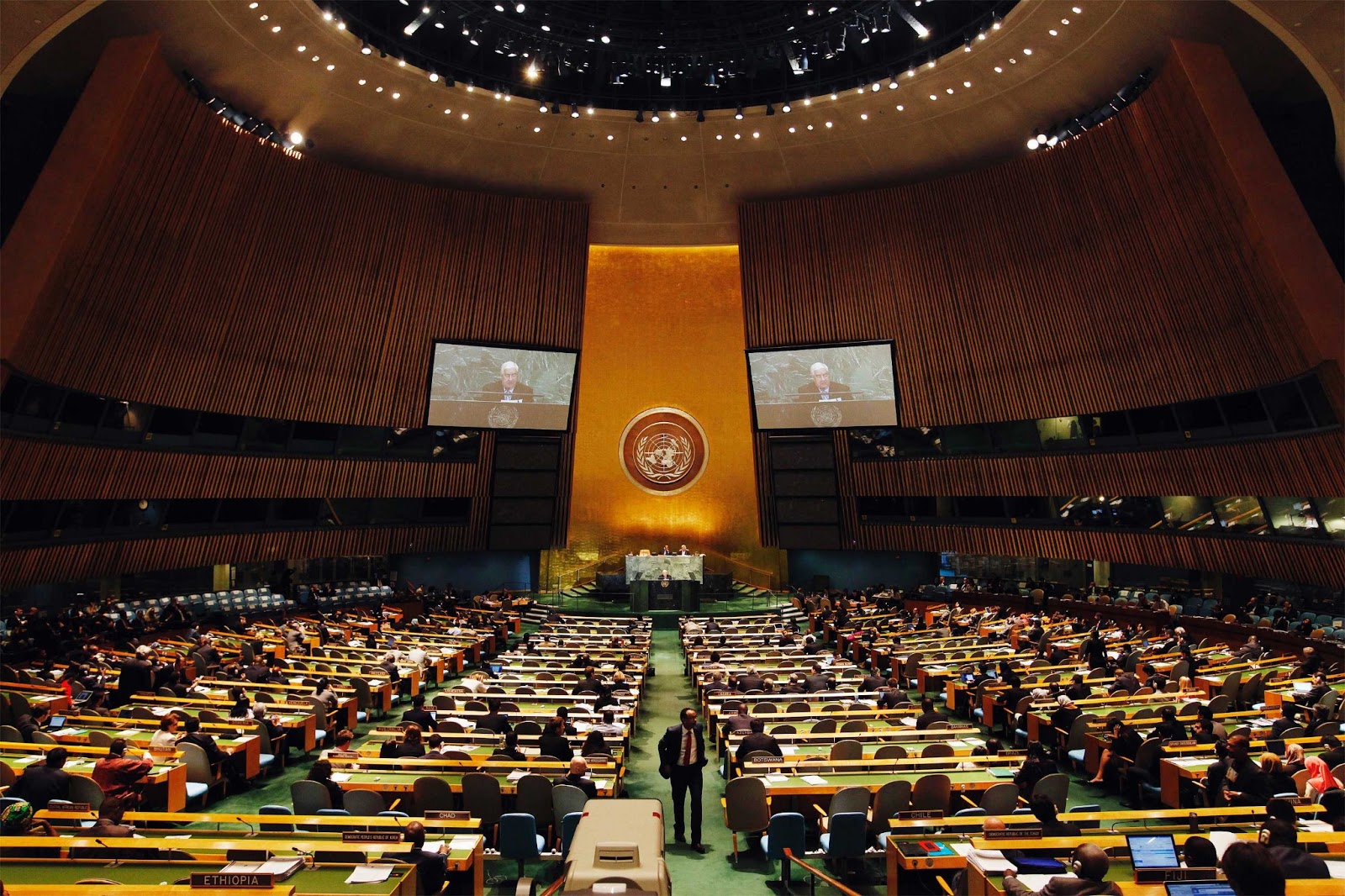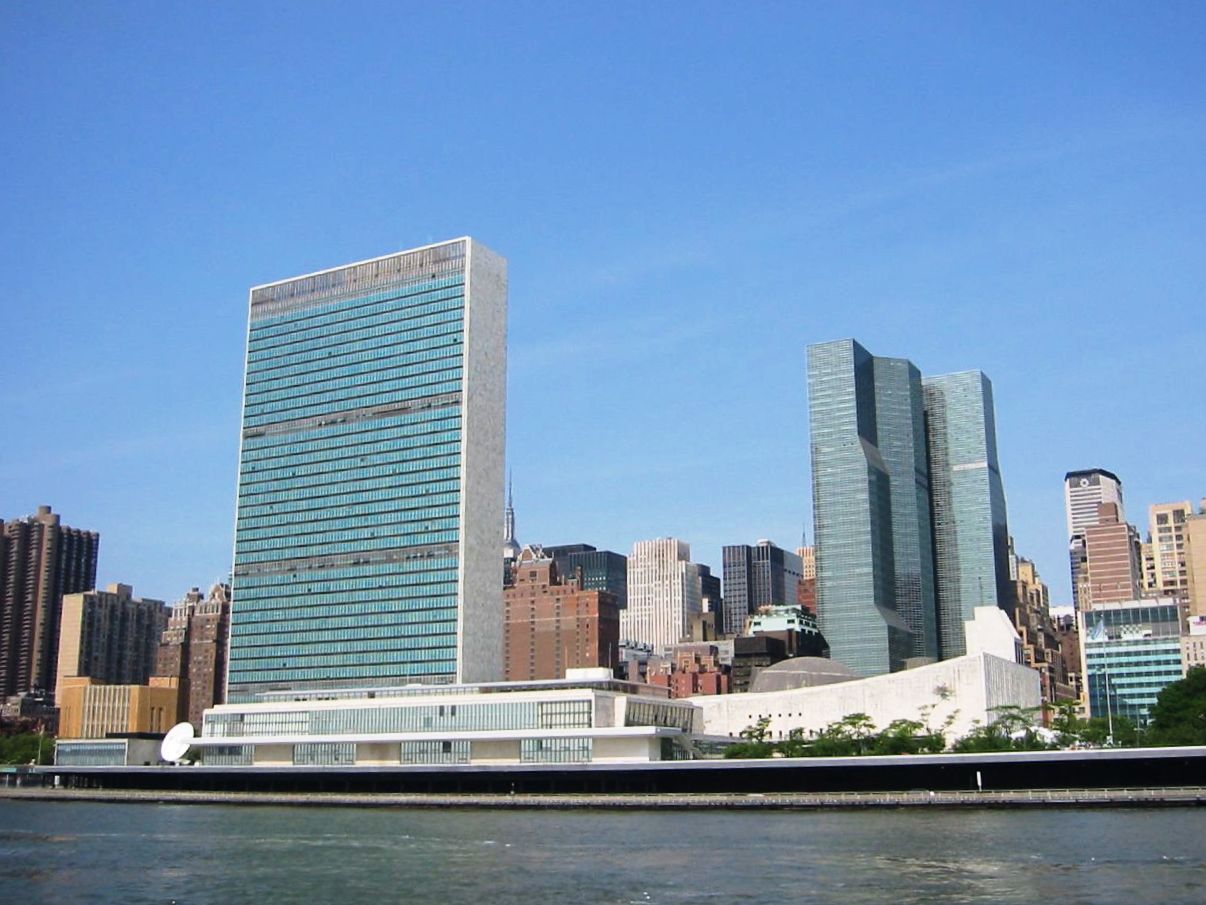Multiple shocks to the world economy
The world continues to confront multiple, inter-connected crises. Amid a slow recovery from the impact of the COVID-19 pandemic, the world is facing a food and energy crisis exacerbated by the war in Ukra
Global Macroeconomic Prospects

It is crucial for central banks to maintain a ?nominal anchor? to stabilize inflation expectations. Currently, exchange rate targeting, monetary aggregate targeting, and inflation targeting are used as nominal anchors.

Governments, households, and firms across Europe are grappling with the energy and cost-of-living crisis. The recent decline in natural gas prices has, however, fuelled hopes that massive gas shortages, rationing, and industrial shutdowns can be avoided.

As the world falls further behind from its goal of ending hunger (SDG 2), countries must act to protect open and stable global food trading systems and urgently provide targeted humanitarian action to save lives and livelihoods.

A stronger U.S. dollar will likely exacerbate inflationary pressures, worsen fiscal and external balances and hinder recovery in developing countries, undermining their prospects for achieving the Sustainable Development Goals.

Amid health, climate, food security and geopolitical crises, strengthened and effective multilateral cooperation will remain critical to stimulate growth, support the most vulnerable and put the world economy on track towards sustainable development.

Introducing CBDCs for widespread use may have positive effects for the economy but also present new challenges, as its impact on financial intermediation and fiscal and monetary policy operations are not yet fully understood.

The global macroeconomic outlook continues to change amid growing uncertainties, pronounced monetary policy tightening and roiling financial markets.

The war in Ukraine will significantly impact global efforts to deal with the climate emergency by driving up energy prices and placing energy security at the heart of policy making in many countries.
 Welcome to the United Nations
Welcome to the United Nations